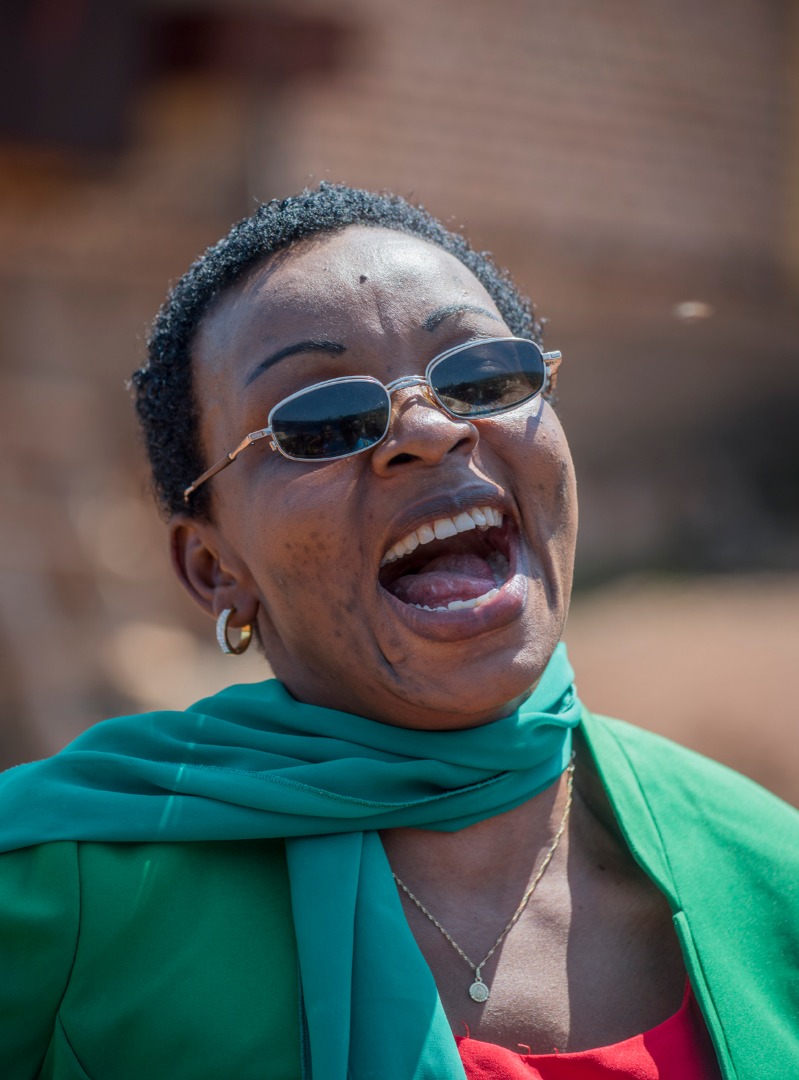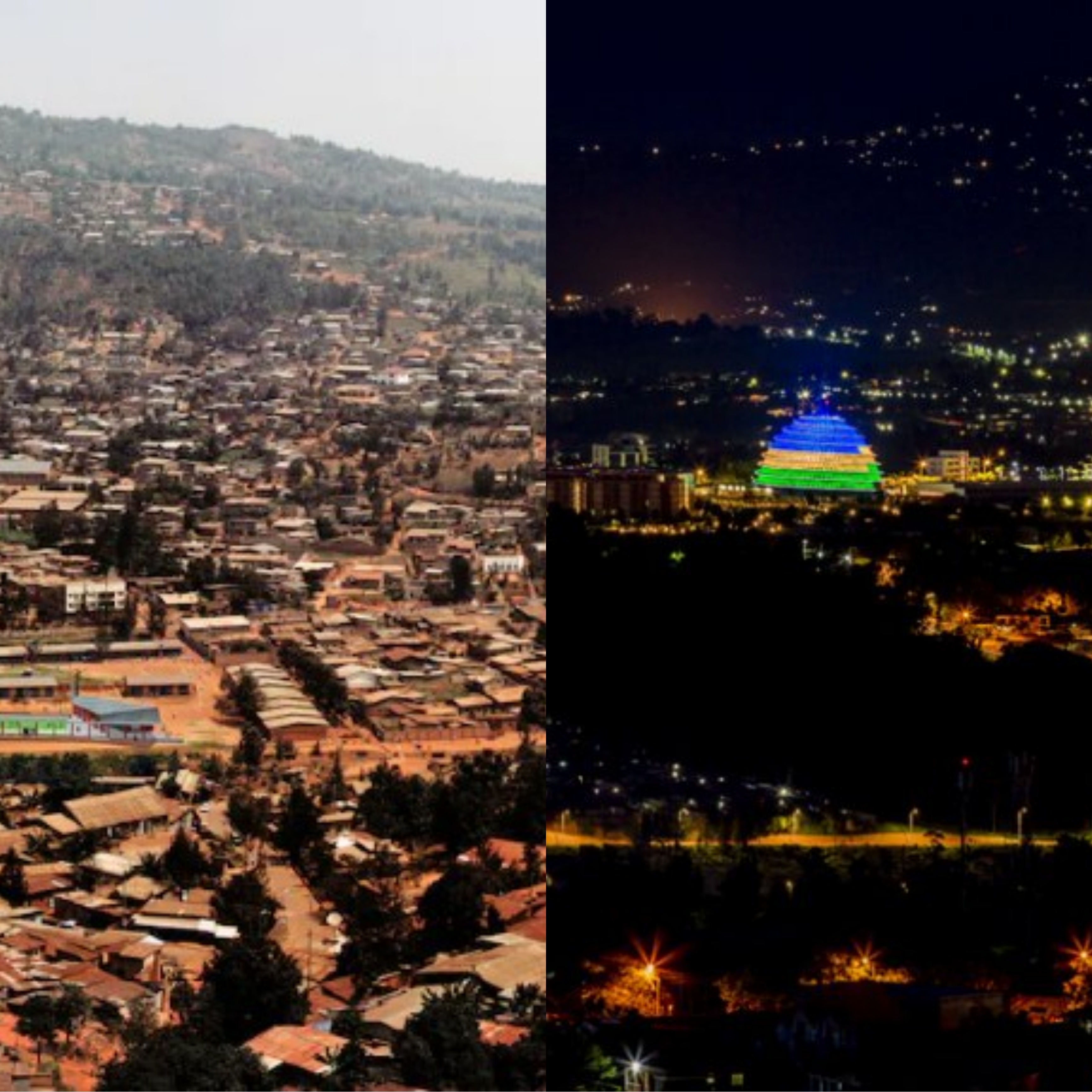Regional
Will deployment of EAC force push Tshisekedi into talks with M23?
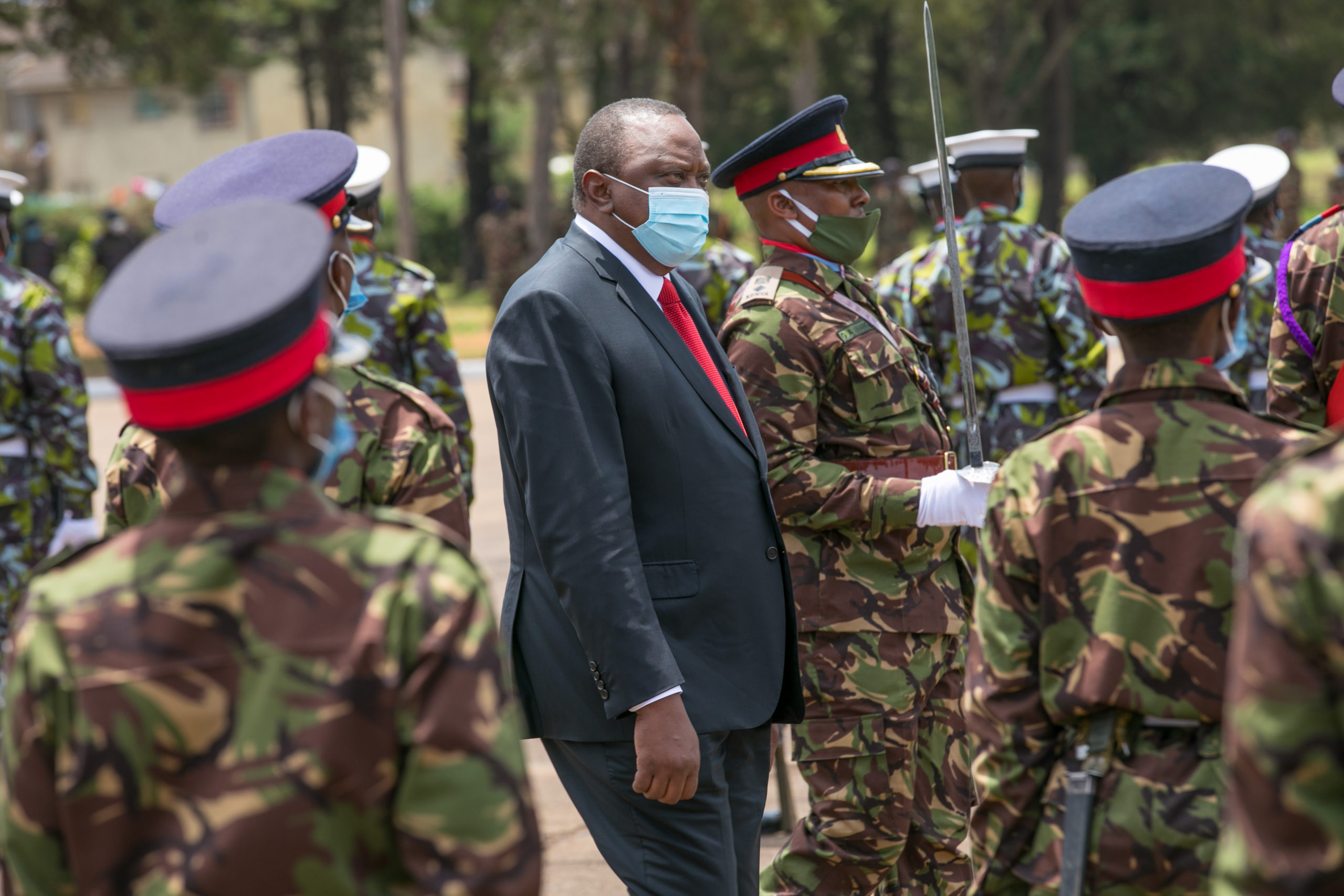
Kenyan troops, will create buffer zone between FARDC and M23 to avoid military incursions on either side
On June 20, the regional Heads
of State meeting in Nairobi, Kenya, recommended the deployment of an East
African Community force in the Democratic Republic of Congo (DRC) to contain,
defeat and eradicate negative forces in the eastern part of the country.
At the meeting, General
Robert Kibochi, Kenya's chief of defence forces, presented a draft concept of
operations detailing the joint force's objectives and rules of engagement, and
the resources to be made available. The draft battle plan showed that the
region is to assemble between 6,500 and 12,000 soldiers, led by a Kenyan commander,
General Jeff Nyagah, with headquarters in Goma. He was to be deputized by Brig.
Gen. Emma Kaputa from DRC.
While
attending the 77th United Nations General Assembly in New York, DRC
President Félix Tshisekedi announced that the Kenyan soldiers would arrive in
the DRC as part of the regional force that will help end the insecurity in
North Kivu, South Kivu, and Ituri provinces.
“I
told you that the force is being deployed. The Burundians are already there in
South Kivu. For the Kenyans, in my opinion, it is a matter of days. They are
going to enter via Bunagana, for your information. So, it's being deployed
little by little, depending on the means. That is why we were here and why we
made contacts; it was to sensitize donors to support this regional force, a
confident looking Tshisekedi said.”
Emphasizing
that Kenyan forces will enter DRC through Bunagana, is an indicator of
Tshisekedi’s expectation that his biggest burden, the M23 rebellion that has
occupied Bunagana for more than three months, will immediately be crushed by
the Kenyan troops. Will this be the case?
The Kenyan troops, according to informed sources,
will deploy between FARDC and M23 positions hence creating a buffer zone to
avoid military incursions on either side. This means that the Bunagana area
under M23 control including the border post will remain out of reach for DRC
authorities. The Kenyan contingent will not attack M23 positions.
This means that the
deployment of the EAC force leaves Tshisekedi with only one option; to open
talks with M23 rebels in accordance with the Nairobi peace process. Tshisekedi
is then expected to revisit the unfulfilled agreement reached with M23 in
December 2013. The Joint communique signed in Nairobi then, reads in part: “The DRC Government and M23 have respectively signed
declarations reflecting the consensus reached during the Kampala Dialogue on
steps necessary to end the armed activities of the M23, towards long-term
stability, reconciliation and development in the country.”
The
release of prisoners; the end of M23 as a rebel movement and the possibility to
establish itself as a political party, the return of refugees and internally
displaced persons to their homes, formed part of the agreement, but none of the above were honored by Kinshasa.
During the 77th UN General
Assembly, Tshisekedi took much of his speech time scapegoating Rwanda as the
country supporting the M23 rebels. Ironically, Tshisekedi remained silent on the
more than 130 armed groups present in eastern DRC, including the FDLR terror
group, whose remnants committed genocide against the Tutsi in 1994.
President
Paul Kagame, in his speech to the UN General
Assembly, said that blame games cannot resolve the situation in DRC,
emphasizing that the problem in eastern DRC requires a political solution.
“These challenges are not insurmountable. We
can find solutions. These solutions would be much less costly in financial and
human terms. The international community can help us solve this problem,”
Kagame said.
Kagame
also expressed support for regional and bilateral initiatives that he believes
can make a difference, as agreed upon by
the Nairobi process (peace talks between the Congolese government and armed
groups).
Blaise Karege, a security researcher with the Kivu Security Tracker, which maps violence, and analyzes trends and human rights violations in eastern DRC opines that the deployment of regional forces will not bring stability to DRC, noting that Kenya, Uganda and Tanzania have sent troops in the past with little effect.
Karege believes that dialogue among Congolese would be of more help than having more troops in the country.
“Fighting won't end Congo’s problems. Peace talks would have helped,” Karege further said. “We wouldn’t need a lot of money, people and effort; I think Congolese want to talk. Congolese can talk to each other; they don’t have to go back to Kenya.”
The
EAC force is there to help for a limited time. The ball is in Tshisekedi’s
court to choose the right means for lasting peace and security in eastern DRC.


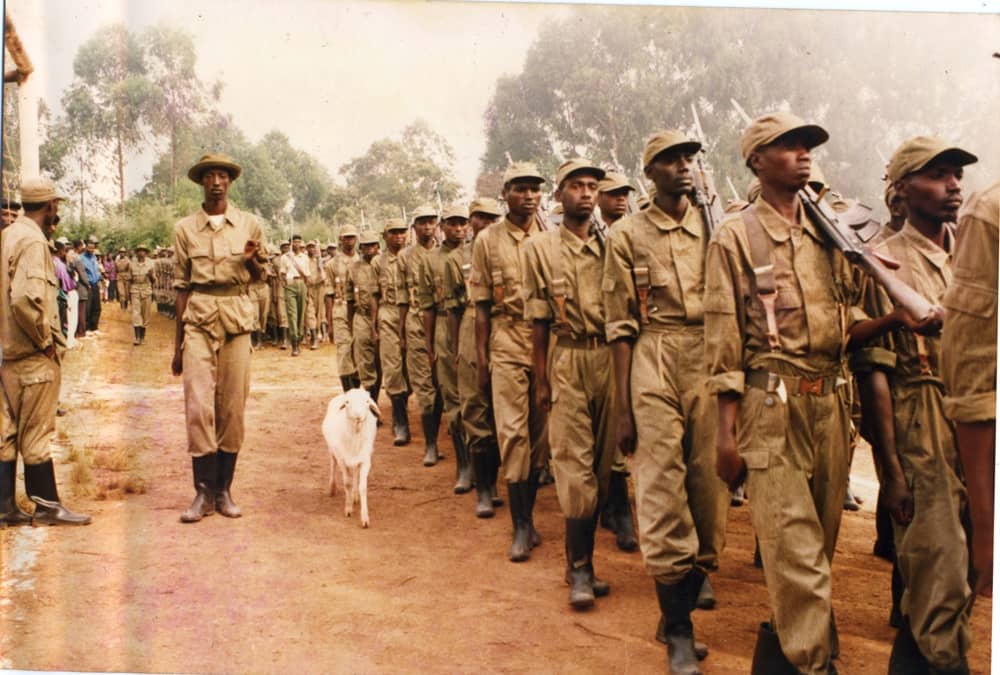
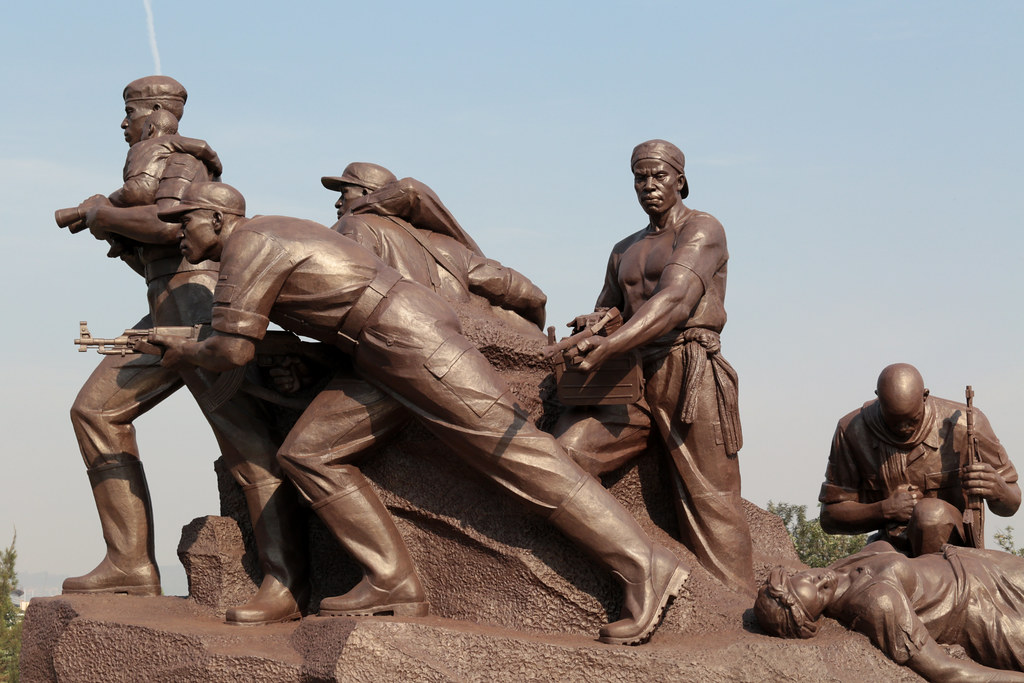
.jpg-20220930120313000000.jpg)
